China hopes that the United States will precisely delineate security boundaries and refrain from politicizing or making sweeping generalizations about security matters, said China's top commerce official.
During his meeting with a bipartisan U.S. Senate delegation led by Senate Majority Leader Chuck Schumer in Beijing on Monday, Chinese Commerce Minister Wang Wentao said in a statement released by his ministry that Sino-U.S. economic and trade relations not only concern both countries but also have a global impact.
The development and progress of both countries can be opportunities for each other rather than challenges, and cooperation is the only correct choice for both sides. China does not shy away from competition, but competition should be based on international economic and trade rules, and should be fair and benign, Wang said.
Affected by Washington's trade protection measures, such as high tariff rates and export restrictions on high-tech products, two-way Sino-U.S. trade dropped 8.7 percent year-on-year to 3.05 trillion yuan ($418.51 billion) between January and August. This value accounted for 11.2 percent of China's total foreign trade, positioning the U.S. as China's third-largest trading partner, after the Association of Southeast Asian Nations and the European Union, said the General Administration of Customs.
Wang said China is willing to work together with the U.S. to uphold the principles of mutual respect, peaceful coexistence and win-win cooperation, creating a favorable business environment for cooperation between the business communities of the two countries and advancing bilateral trade and investment.
Wang also expressed concerns about issues such as U.S. export controls on China, investment restrictions, sanctions on Chinese companies, restrictions on personnel exchanges and equal treatment for Chinese-invested companies operating in the U.S..
During the meeting, Schumer said that Sino-U.S. economic and trade relations are crucial for the two countries, and both major political parties in the U.S. Congress attach great importance to business ties with China. They do not seek decoupling from China and are willing to strengthen communication and exchanges with China.
As China and the U.S. have recently carried out a series of dialogues and exchanges, together with the two new working groups for economic and financial matters set up last month, Zhou Mi, a senior researcher at the Chinese Academy of International Trade and Economic Cooperation in Beijing, said these moves are likely to lead to more effective communication in improving bilateral economic and trade ties.
China has been actively advancing its high-standard opening-up to provide foreign firms, including U.S. enterprises, with a world-class, market-oriented business environment, Zhou said.
Echoing that sentiment, Sally Loh, president for China unit at Otis Worldwide Corp, a U.S. elevator manufacturer, said the Chinese market is a key contributor to the group's global business performance.
"China remains the industry's largest new equipment market with substantial opportunities for service business despite intense competition. We view the country as a long-term market with continuing urbanization, infrastructure building and urban renewal," she said, adding that the company will continue to invest in future technology with a focus on safety and sustainability to serve both Chinese and other markets.
Noting that the agricultural sectors of China and the U.S. are highly complementary, Xiong Haochen, vice-president of government relations in the Asia-Pacific region of Archer-Daniels-Midland Co, a U.S. grain trader and processor, said the two nations stand as important trading partners for each other.
"The two countries boast significant potential and a foundation for further cooperation in low-carbon and renewable agriculture. We hope to play a bigger role in promoting those areas," Xiong said.












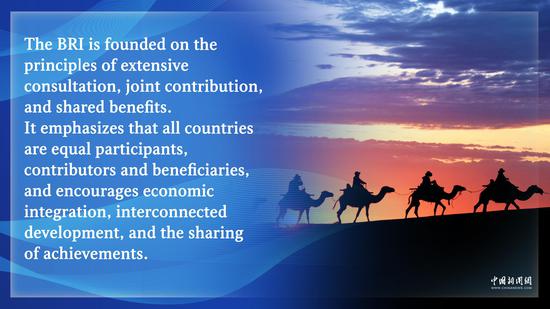

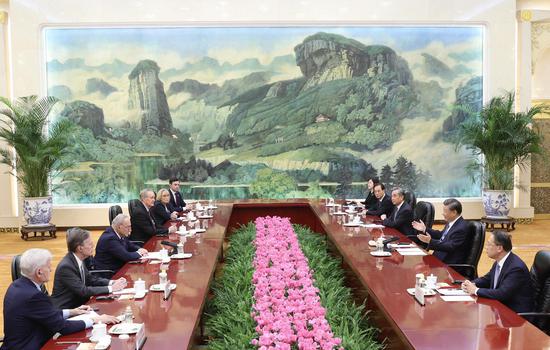






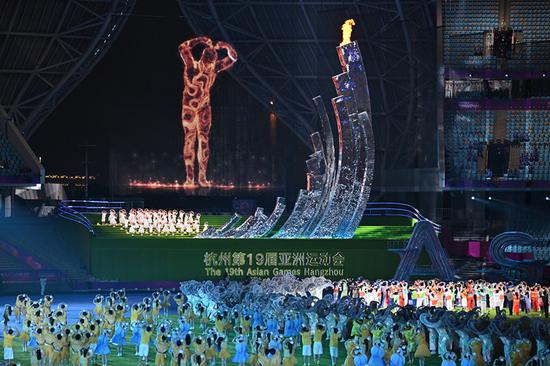
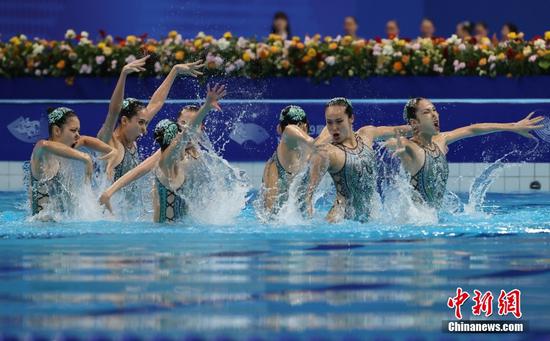

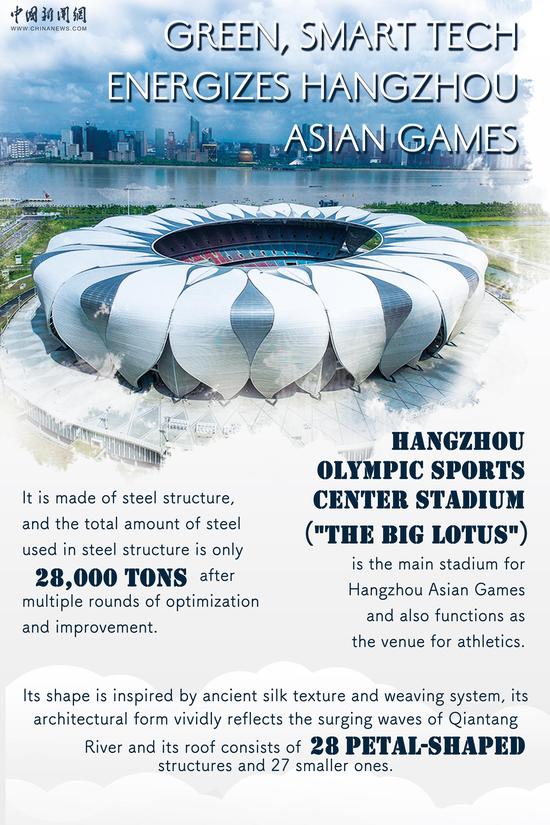
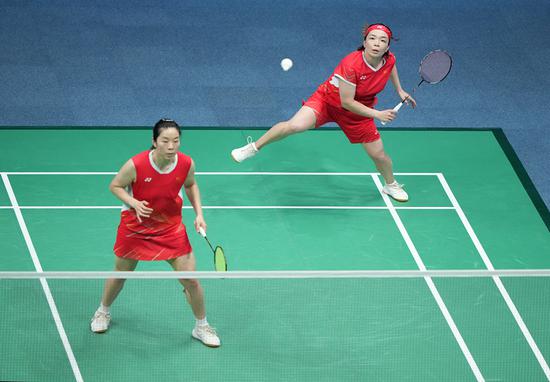
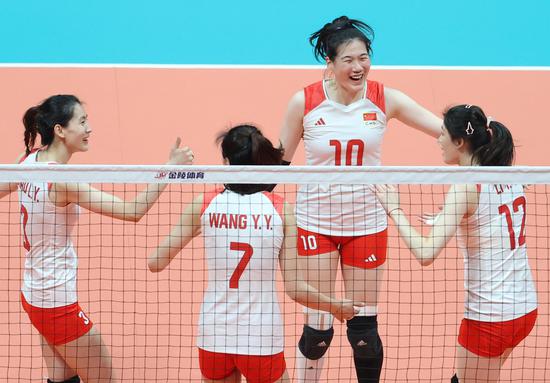


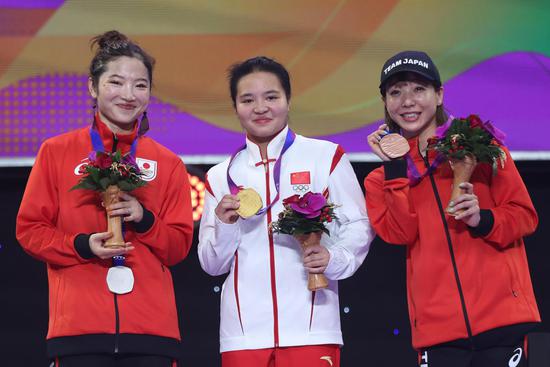









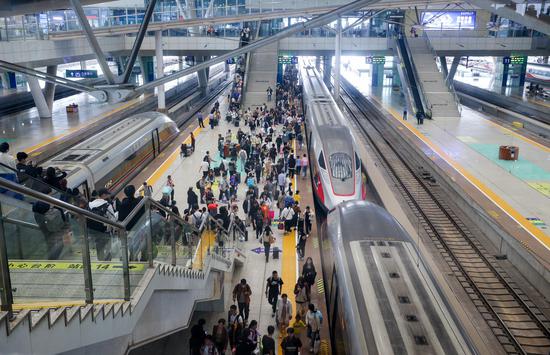




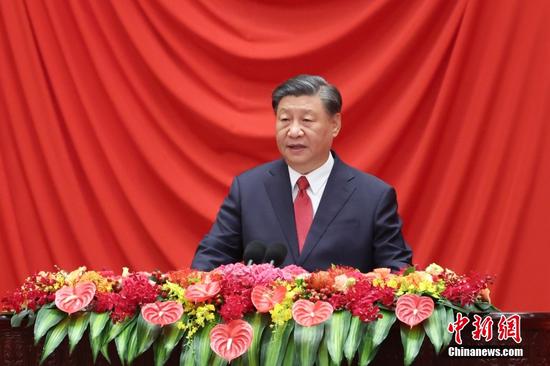





 京公网安备 11010202009201号
京公网安备 11010202009201号